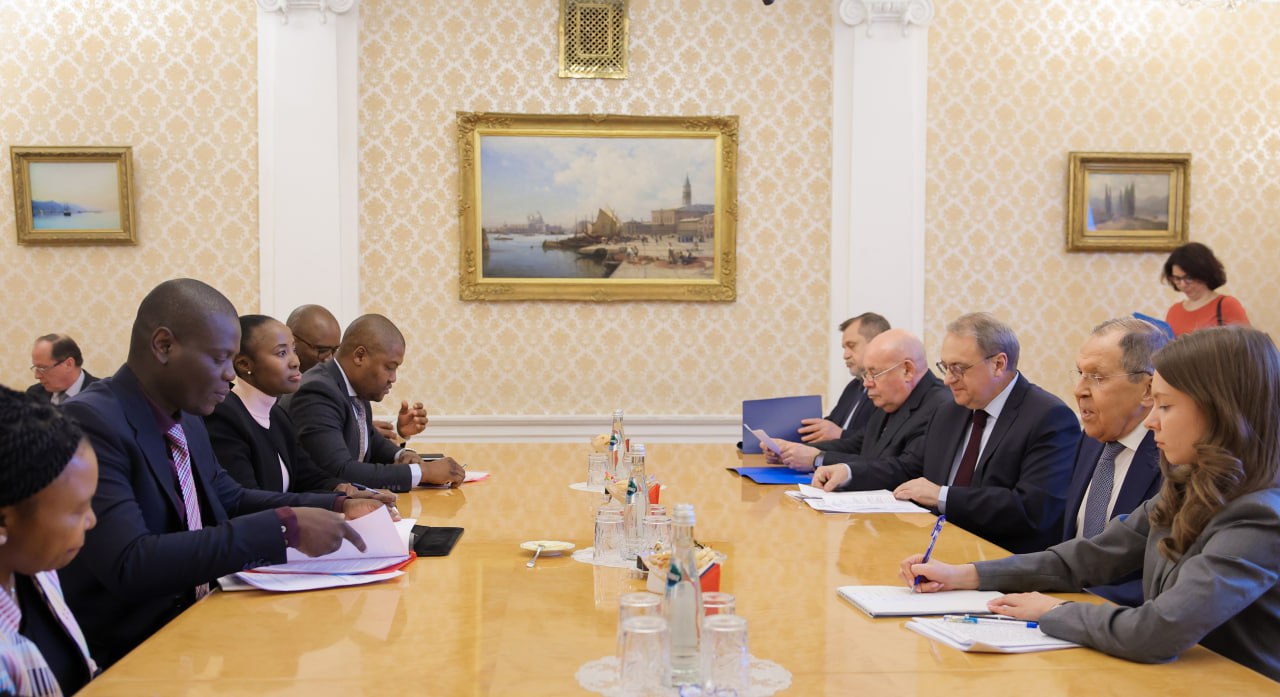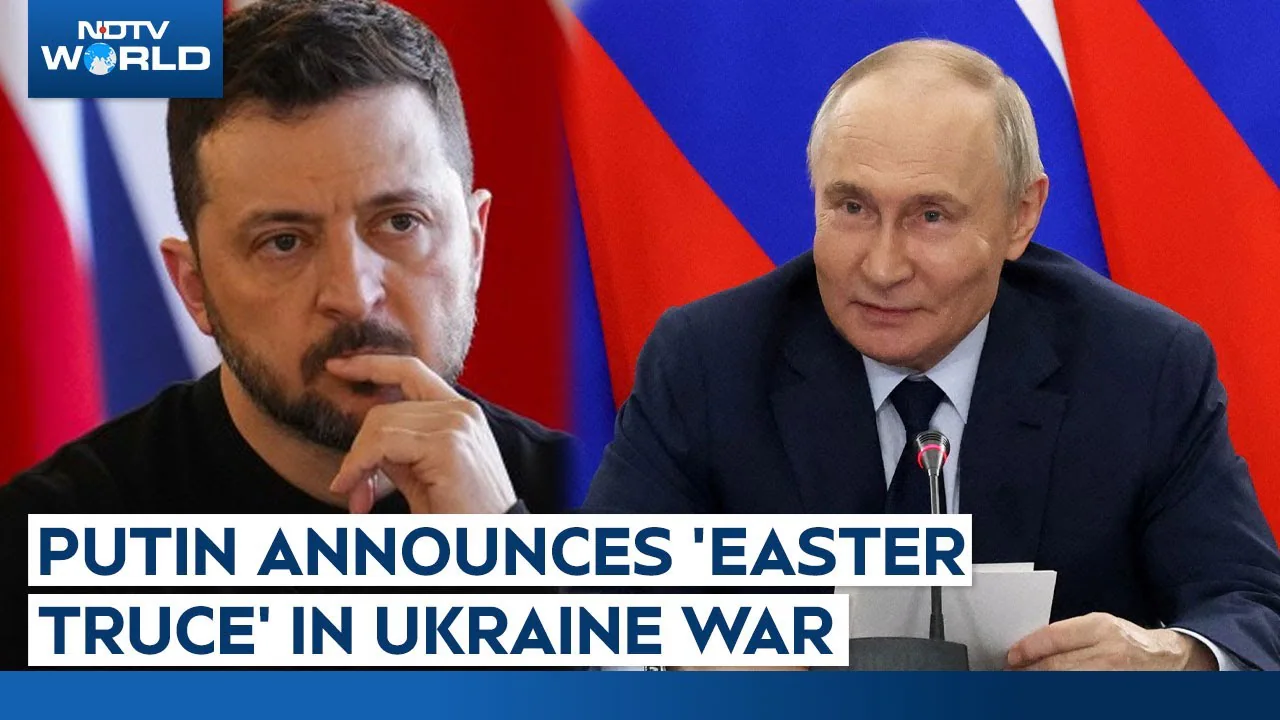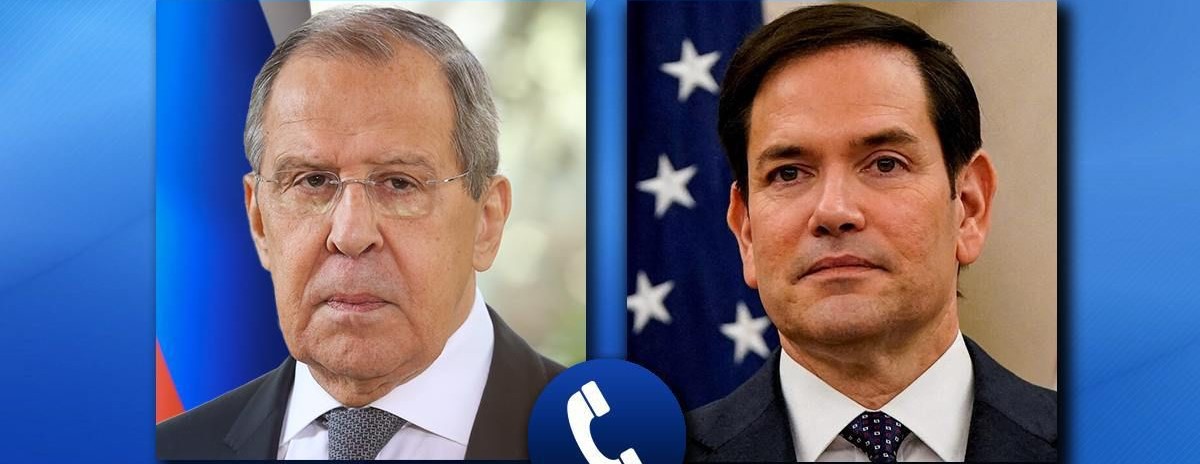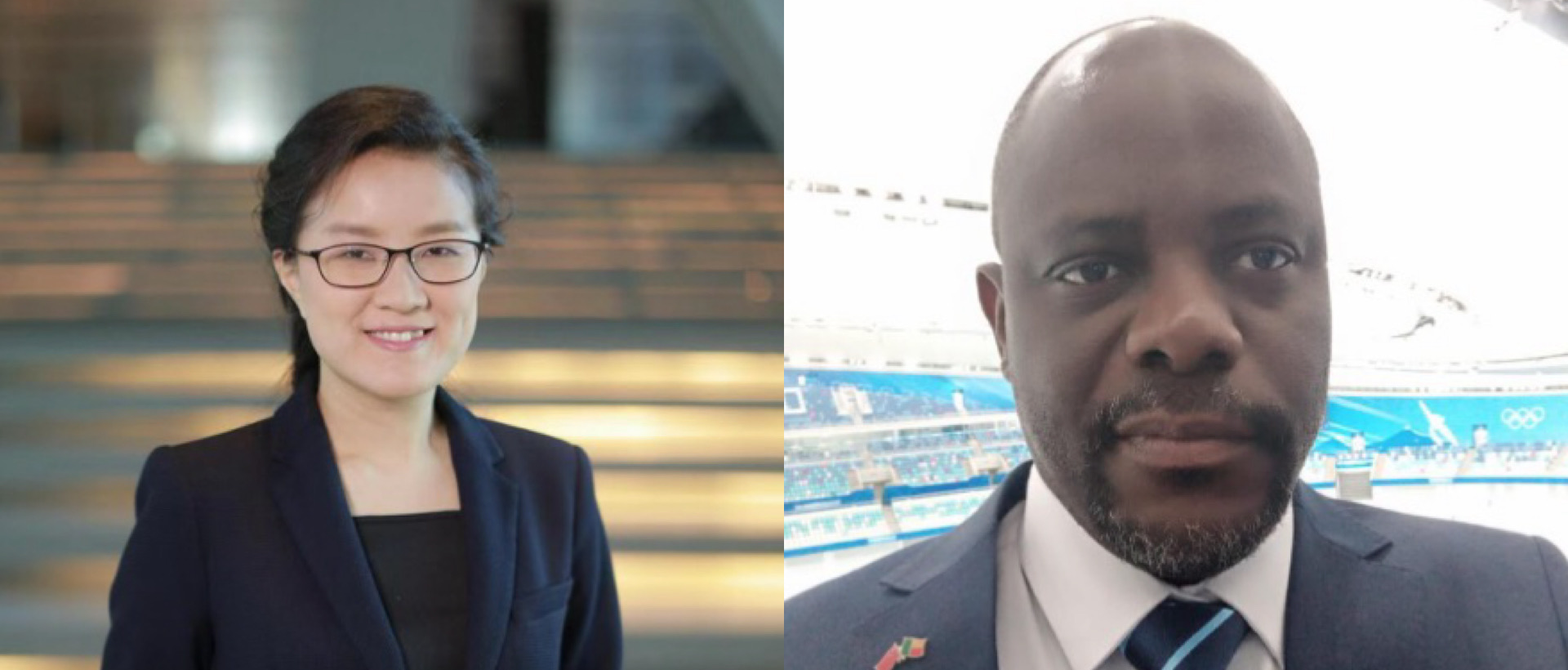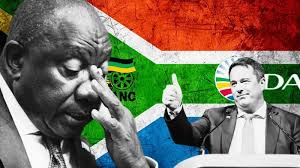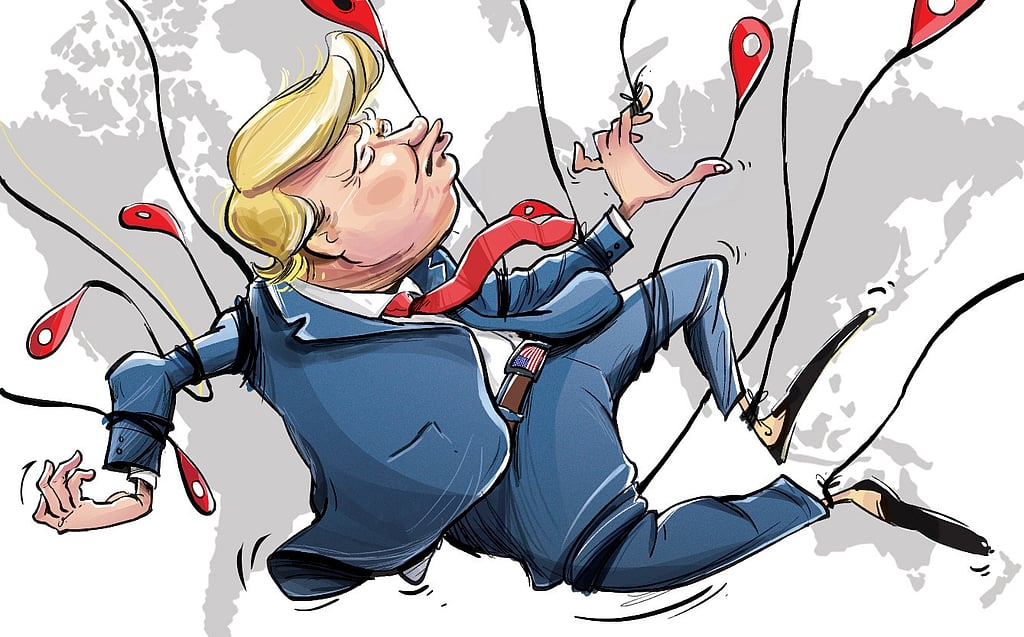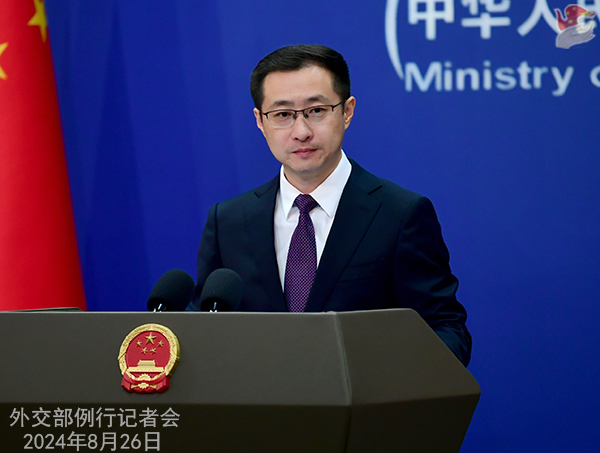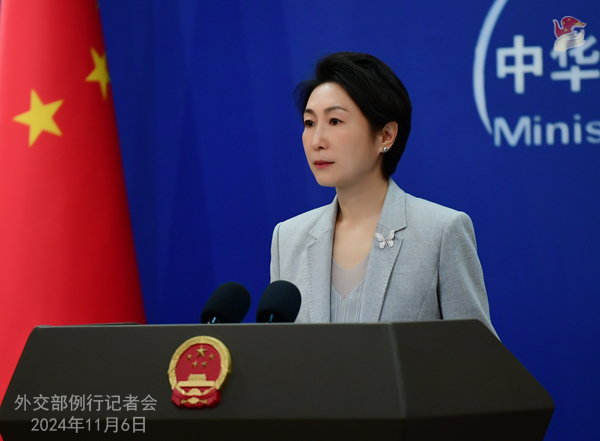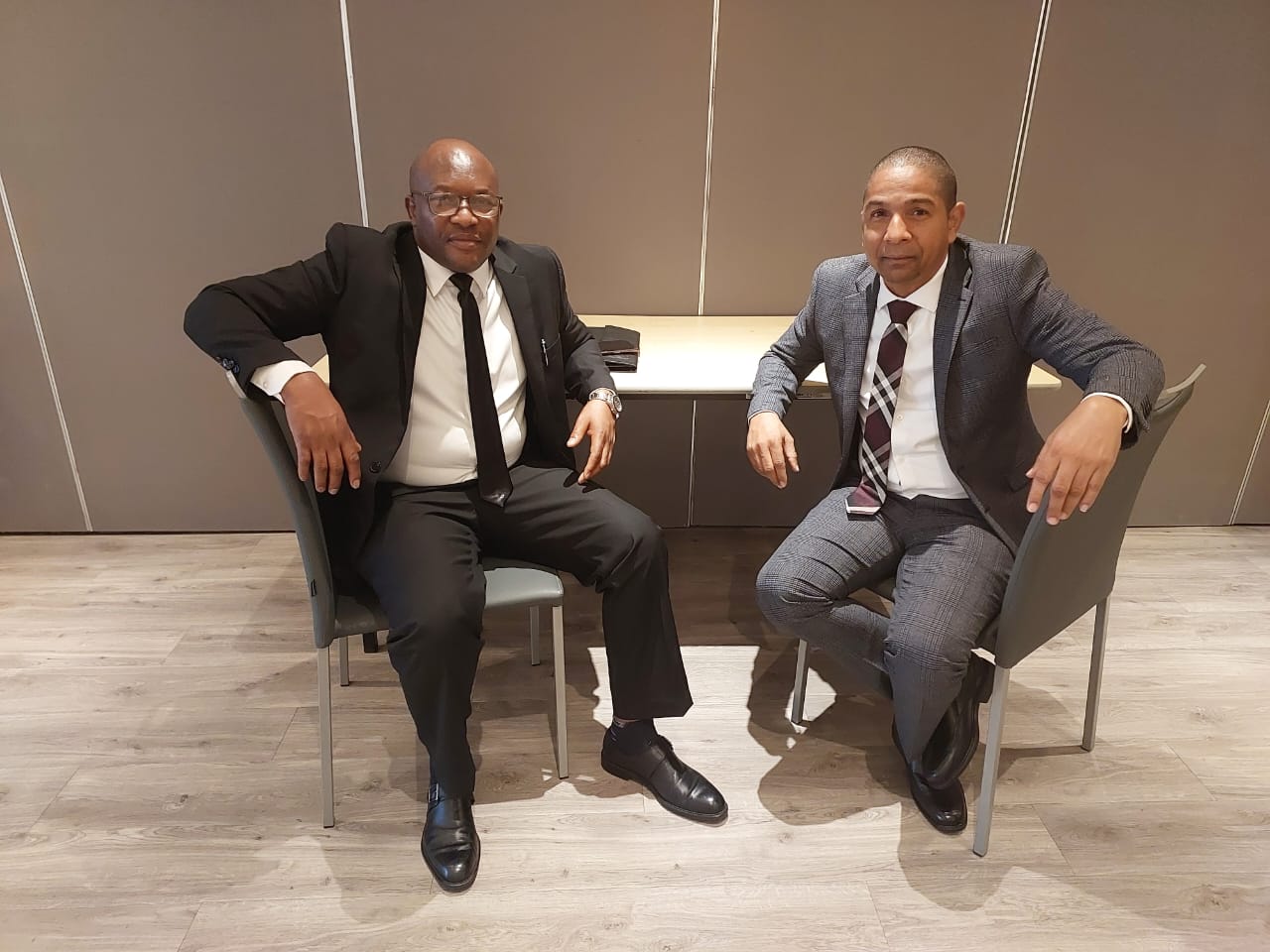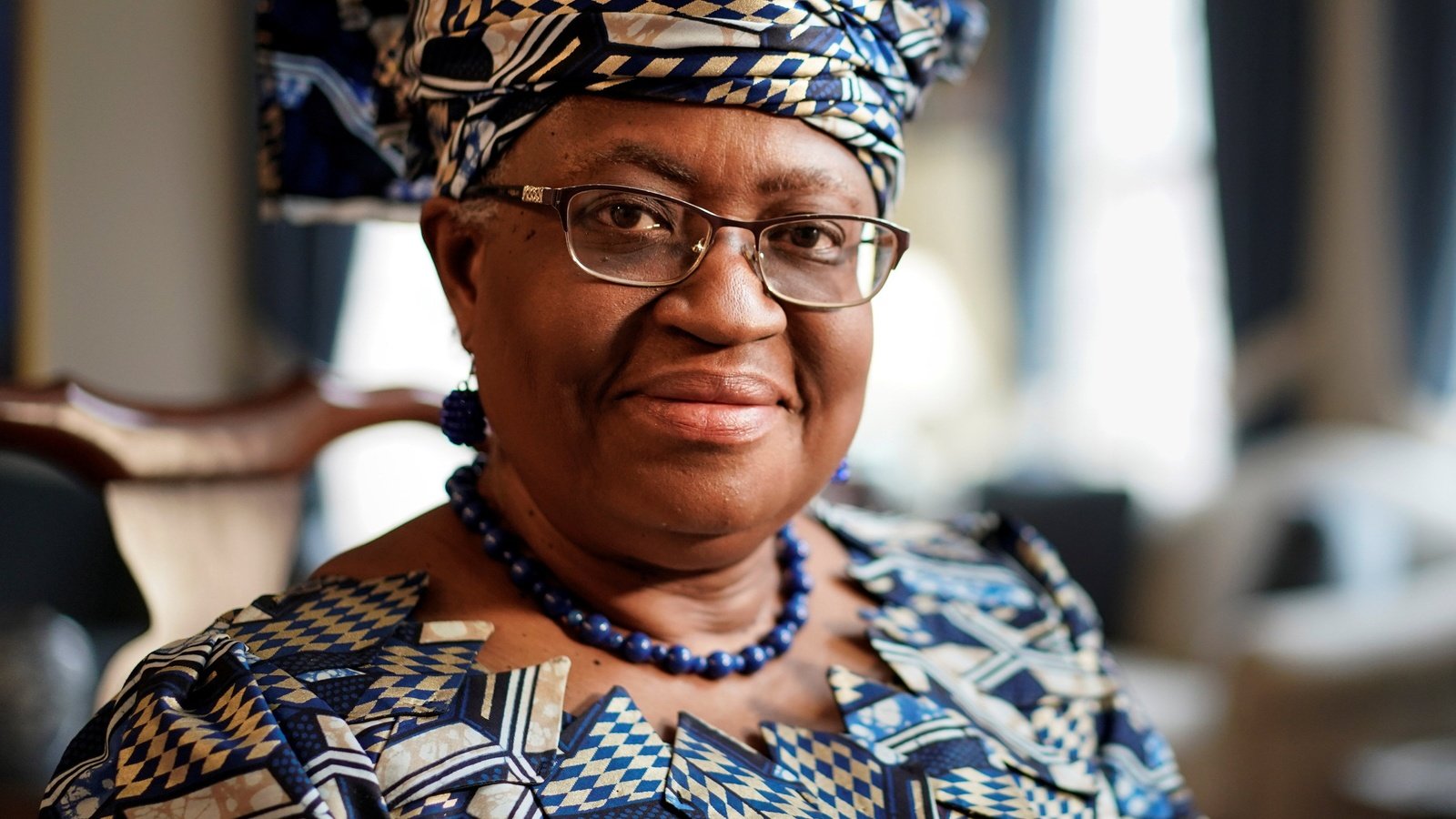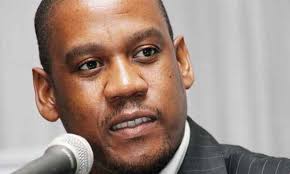
Leader of Opposition Hon. Dumelang Saleshando whose Botswana Congress Party (BCP) boasts 15 MPs in the 13th Parliament
By Hon Dumelang Saleshando
Leader of Opposition
21 November 2024

Title: We have crossed the Rubicon: Now what awaits us? A new or old Botswana
Mr. Speaker, your Honour the Vice President and fellow members of the 13th Parliament, let me extend my heartfelt congratulations to all of you. Collectively, we represent the loud voice of the people that they expressed quietly on the 30th of October 2024 through the votes that they cast.
We are products of a historic election that after 58 years, delivered a change of government that confirmed Botswana as a vibrant democracy and discarded our image of a multi-party democracy on paper that is in practice a one-party state.
Special congratulations to the Right Honourable Speaker, Hon. Dithapelo Keorapetse, a product of the Botswana Congress Party cadre development programme. You will recall our conversation back in 2009 shortly after the general elections, when the BCP leadership had assigned me to engage you to accept that your name be proposed for Specially Elected MP. When political developments of the time did not pen out as anticipated, the party went on to support your candidacy in one of its strong holds, Selibe Phikwe West, following the retirement of the then BCP MP Gilson Saleshando.
As I indicated to you during a courtesy visit after your appointment, you have your job cut out for you. You lead a Parliament that has all the hallmarks of what political commentators have named a “Rubber Stamp or Notice Board Parliament.” Such a Parliament lacks independence and dances to the tune of the Executive.
In March of 1988 (26 years ago), the Botswana Parliament adopted the following motion:
“That this Honourable House strongly urges Government to take steps forthwith to ensure that Parliament as a supreme body in
Botswana becomes an independent institution detached from the Office of the President where it has all the time been relegated to the lower status of a minor department.”
In 2002 (14 years after the above motion), a study on the independence of Botswana Parliament was undertaken by a task force chaired by the late Bahiti K. Temane. The recommendations of the report included;
Introducing legislation that will allow Parliament to manage and administer its affairs as a separate branch of the civil service, accountable to the Parliamentary Service Commission.
Strengthening Parliamentary Committees for them to carry out effective oversight and hold the executive accountable.
Extending the role of Parliament to include the ratification of the appointment of, and removal from, certain high offices such as the Auditor General, the Ombudsman, the Director General of the DCEC and the Secretary of the IEC.
After 22 years of the Temane Task Force Recommendations, and 36 years following the motion on the independence of Parliament, Botswana Parliament remains under the tight management of the Executive, Committees of Parliament are weak and can even be dissolved through a motion mainly supported by the Executive as was experienced in the last Parliament. Appointment to key oversight offices is done without any reference to Parliament.
A journal article authored by scholars David Sebudubudu, Bugalo Maripe, Mokganedi Botlhomilwe and Ikanyeng Malila under the heading “The mutation of Parliament into a Registration Chamber; Executive Dominance over the Legislature in Botswana” states as follows in its abstract,
“With forty-seven years of existence, Botswana has widely been described by scholars as an example of a functioning multi-party democracy in Africa. Despite this major and rare achievement,
Botswana’s parliament is weak in relation to the executive arm of the government. The parliament has so far failed to be vibrant and a truly independent body for representing the voice of the electorate. It is in this context that this article argues that far from being a nerve centre for democracy, the parliament in Botswana has been reduced to, in the thesis of Poulantzas, a mere “registration chamber” of executive decisions. Yet, how Botswana has perceivably remained a democracy against the background of a weakened parliament remains a mystery.”
A Parliament for the New Botswana can be ushered in by the 13th Parliament. This is the task that we should all be committed to delivering for the benefit of our democracy. The BCP is ready and willing to play its part on this journey. Our 2024 Elections Manifesto stated as follows at page 56;
“Parliament will, under the undiluted and uncontested leadership of the Speaker, hire its own staff, have its own budget and sufficient capacity to originate laws. This reform will fully separate cabinet from parliament (free parliament from executive dominance).”
Should the 13th Parliament fail to deliver significant reforms that will truly usher an independent parliament, the 2024 election results will have delivered an old Botswana and not a new Botswana.
The dawn of a new Botswana will have to start with the road to a new Constitution for Botswana. Our experience from the previous regimes’ attempt to subject the constitution to a broad review revealed that an important aspect in the review of the constitution is the process.
The 12th Parliament sat quietly as the then President M.E.K. Masisi single-handedly decided the process he preferred, decided on the commissioners he wanted, decided on decided on the recommendations he wanted to adopt and imposed amendments that were never proposed by the citizenry.
I wish to call upon the new government to announce how and when the road to the new constitution will commence. It was an anomaly for the state of the nation to make no mention of a new Constitution for the New Botswana.
Mr. Speaker, let me now take this opportunity to congratulate the UDC on their electoral success. Many commentators had not anticipated an outright victory for any of the contesting political parties. It is indeed a joyous moment for the nation that after 58 years, the country has experienced the sweetest outcome of democratic contest, the transfer of power from one political party to another. This was no small victory and congratulations are in order.
Flowing from this momentous victory, some have been tempted to clothe the new government with robes of infallibility. To them, the new government resembles an outcome that should have all celebrating until eternity with no one pointing any form of devious conduct.
Victory, like defeat, has a way of releasing hormones that may result in a rational individual displaying absurd characteristics. Comrades who have for decades opposed the BDP government are finding it difficult to accept that their party will face opposition in Parliament.
The BCP has graciously accepted the outcome of the elections. When it became clear during the counting of the ballots that the UDC would surpass the 31 seats needed to form a government, I called the UDC leader to congratulate him and wished him well.
Though we have not won, we are happy with our performance in the last elections. The party has registered its highest number of Parliamentary seats (15) as well as the highest number of local government seats (123). We are the majority party on 6 administrative districts.
We are far from being the bitter losers that some public commentators would like to brand us as. We are now focused on uniting the country and getting on with the task of addressing the challenges we face. Let us all learn from the wise words of Barack Obama when he said;
“Now, everybody is sad when their side loses an election, but the day after we have to remember that we are all actually all on one team. This is an intramural scrimmage. We are not Democrats first. We are not Republicans first. We are Americans first. We are patriots first.”
As patriots in the opposition benches, we must make sure that our democracy flourishes and develops further. We will therefore unapologetically perform our duties as the Official Opposition in Parliament. What are the duties of the official opposition?
There is a plethora of literature from various sources including the Inter Parliamentary Union on the role and duties of the opposition and can be summed up as follows;
Provide oversight and ensure that the executive arm of government as well as the judiciary act within their mandates. This is done through tabling of questions and motions and demanding information that subject actions of the executive to public scrutiny. The BCP has performed this function diligently in the past and will continue to do so in the 13th Parliament.
Hold the ruling party accountable for the pledges it made to the nation in the run up to elections and while in office. The electorate need to know if those that have assumed the high offices are genuinely committed to delivering that which they promised or had simply come up with pledges that amount to deceptive advertising.
Presenting the alternative agenda in the form of motions and private members bills.
We are legitimately in Parliament and as the second biggest political party in parliament, the voter expects us to hold the government accountable when you depart from that which you promised to deliver. We support a number of the pledges that the UDC made and we will support steps that the government will take in areas such as job creation. Where you betray the manifesto through which you attained state power we will also point that out.
The UDC 2024 Manifesto under the heading Reforming the Electoral System at page 15 stated as follows;
“Reform the specially elected member of parliament and nominated councillor system to enable all political parties to proportionately elect citizens with special skills and needs to have their representation improved and the quality of parliament councils truly inclusive of different interests of our society.”
Under the above UDC Manifesto pledge, given the elections outcome in which the proportionate share of the UDC popular vote was 37%, the UDC formula accorded it only 2 Specially Elected Members of Parliament. We will be closely watching the manner in which nominated councillors will be chosen in the coming days.
Let me at this stage remind you of the key or signature pledges that you made but have been omitted from the SONA;
a) Old age pension age to be reduced to 60 years and the pension increased to P 1,800 per month.
b) Ipelegeng allowance to be increased to P 2,500.
c) Student allowance to be increased to P 2,500.
d) Living wage of P 4,000
e) Building 100,000 houses in 5 years
f) Creating between 450,000 and 500,000 new jobs
g) Free sanitary pads for primary and secondary school students
Some of the above pledges were promised to be delivered within the first 30 days of the UDC government but are now not part of the first 100 Days agenda. The above pledges were made with full knowledge of the status of the economy. They were not conditional on some miraculous economic turn around post the elections. Let not the state of the economy be used as an excuse for non-delivery. Let not the manifesto be a cheque that was written out with the issuer knowing fully well that there are no funds in the account. The manifesto is a social contract.
I wish to congratulate the president for spelling out the government first 100 days in office agenda. This is a step we welcome. As the official opposition, we will allow you space to roll out the 100 Days Plan, after the 100 Days, we will engage you more robustly as we expect full accountability.
The BCP had also adopted a first 100 Days 10 point Agenda. It entailed the following;
a) Promote efficiency, eliminate wasteful expenditure and introduce a culture of doing less with more. To attain this, we had promised;
• Reduce the size of cabinet as a cost cutting measure
• Stop constituency and ward allowance for President, Specially Elected MPs and nominated councillors
b) Arrest Runaway Corruption and promote Ethical Leadership
• Restore a transparent PPADB system and cancel Development Manager Model which only serves as a mechanism to legitimise corruption.
• Establish a judicial commission of enquiry on corruption
• Amend the Act for Disclosure of assets and liabilities register to allow for public inspection.
c) Towards a New National Development Plan that addresses our national crisis;
• Develop roadmaps for accelerating job creation and revitalising the health and education systems through presidential summits.
• Establish a Presidential initiative to address illicit drug supply and rehabilitation of those affected by substance abuse.
• Restore Good Labour Practices
• Appoint qualified temporary teachers as full-time pensionable staff.
• Restore public sector bargain council
d) Establish a Peoples Constitution
• Initiate a broad-based and people centred constitutional review process
Although we are not the ruling party, we will use our seats in parliament to push our priorities through Parliament. Our MPs will file their Assets and Liabilities with the appropriate office within 100 days from the day they were sworn in and make their disclosures public.
a) We will bring a Private Members Bill to terminate Constituency Allowances for the President and Specially Elected Members within 100 days from the day we were sworn in.
b) We will fully support government initiative to review and possibly terminate the Development Manager Model.
c) We demand that teachers employed on a temporary basis be engaged on a full-time basis if they qualify.
d) We will support government initiatives geared at addressing corruption and remain convinced that the starting point is the establishment of a Judicial Commission of Inquiry on Corruption.
e) We demand that the Public Sector Bargaining Council be reinstated as a matter of urgency.
f) We will sponsor an urgent motion on gender based violence by next week. The 12th Parliament failed to address this scourge that is a huge scar on our national conscience and needs to be addressed with the urgency it deserves.
Finally, Mr. Speaker, as a step towards refining our capacity to perform our oversight role, we will announce an Opposition Shadow Cabinet. This will be a first for our democracy and I will approach your office to allow for a slot to make the announcement through a speech to Parliament.
Let us all maintain our focus on the issues that matter to Batswana.
a) We need to deliver the jobs that the 280,000 unemployed Batswana need.
b) We need to deliver an economy that pays high wages. We need public schools and public health facilities that offer services that are of the same quality as the privately owned ones.
If by 2029 the New Botswana is home to high unemployment, high poverty, food insecurity, thriving corruption, it will not be the Botswana that people expected!
Let me conclude by using a phrase that I borrowed from Your Boy, from my President, We Dare Not Fail!
As the Main Opposition, we will not fail in performing our duty
